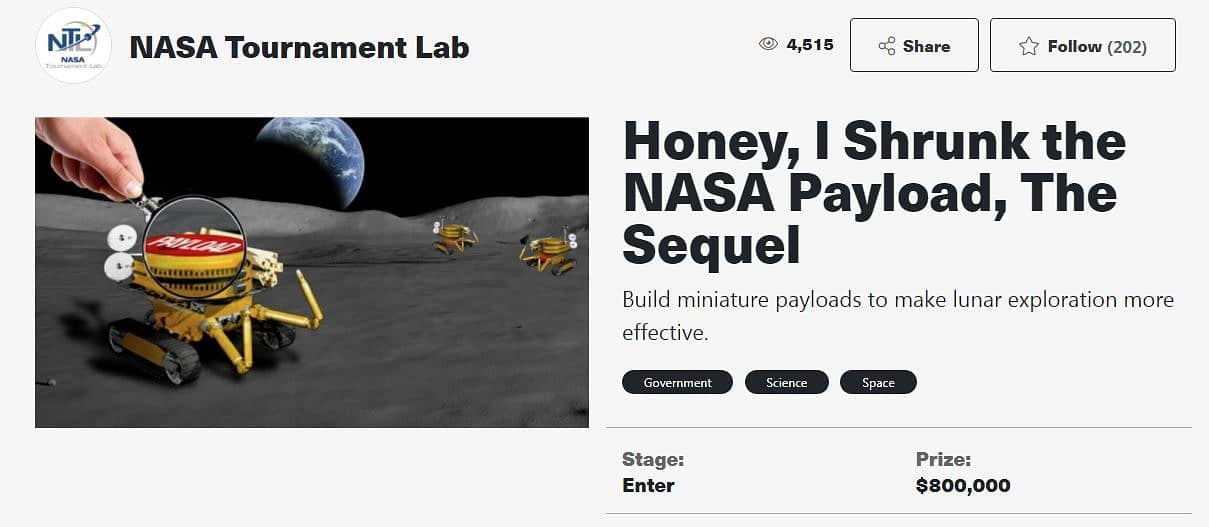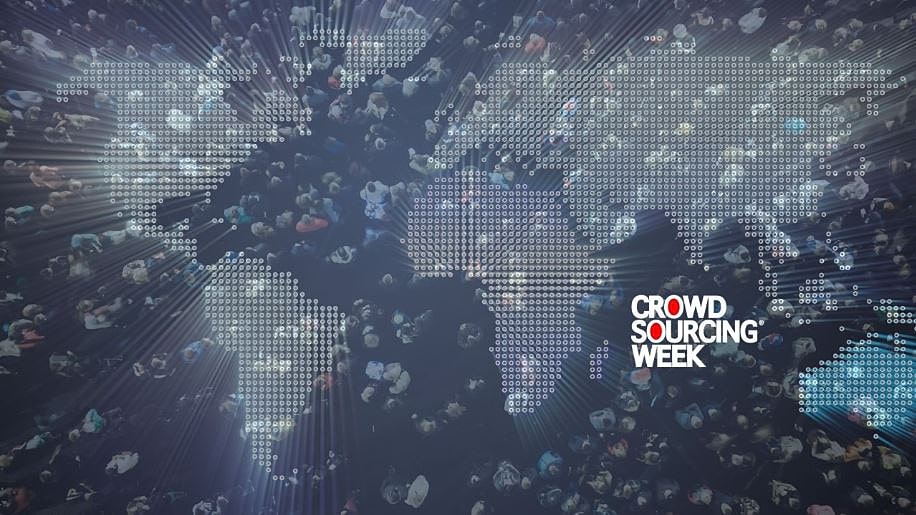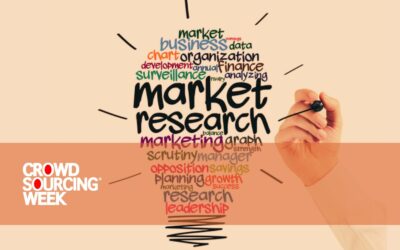The coming together of miniaturization that began with microfilm, the advent of digital technology, and the proliferation of personal computers and then other portable devices, has enabled governments, commercial businesses, non-profit organizations, and billions of people, to not only access, store and manage vast swathes of information, but also to create it. So what is all the information that’s being created, and how is it being used?
From an Industrial to an Information Revolution
Johannes Guttenberg invented the printing press in 1450, and it is estimated that from around then to 1900 the world’s knowledge doubled.
Towards the end of this period, the first Industrial Revolution was based on steam engines, originally designed and built in the late 18th century to pump water from mines. Making them small enough to put on wheels on a railed track to carry away mine output soon followed, and then in the early 1800s the first train passengers on the planet were regularly travelling faster and for longer distances than horses had ever carried people in the whole of history.
Swift mechanisation of work previously done by hand, the development of trade and the rise of business influenced almost every aspect of daily life in some way. We’re not the only people to live through an era of such significant change. Fossil fuels were the staple energy source.
From the early 1950s, the third industrial revolution brought semiconductors, mainframe computing, personal computing, and the Internet—the Digital Revolution.
Through rapid, game changing escalation in the back half of the 20th and early 21st centuries, we have reached the Information Age, in which different projections estimate the sum total of world knowledge will double in anything from two years to as little as 12 hours (reckoned IBM) in the 2020s.
Using the knowledge to gain control
What we’re calling “knowledge” isn’t the content of educational curricula that are taught in classes; or the broad lessons of business and politics. It’s not how to build a spaceship or split the atom, or prevent cancer or develop a Covid-19 cure. The vast majority of current knowledge is about, or based on, us. What we look at, read, listen to, watch and download online. What we search for, what we say in social media and by email, where and when we spend our money, and what on.
Mostly without conscious thought on our part, data of our online actions is analysed to predict our behaviour under certain stimuli, and these behavioural predictions are bought and sold. Buyers and users of it want to influence what we buy and use; or influence our opinions and what we believe; maybe influence who we’re going to vote into power, and under what conditions.
The ability to manipulate mass populations is frightening to many who are conscious of it. In return for free use of online tools, some of the biggest businesses the world has known – Facebook, Amazon, Netflix, Google – are creating and trading information on what it takes to make us choose between different directions and actions.
Positive data sharing and analysis
Though far more positive aspects of all our knowledge multiplying online include healthcare data sharing to identify most effective treatments, best practice prevention techniques, and how to improve the overall quality of life. This would extend life expectancy, reduce healthcare costs and allow existing health infrastructure to serve more people.
Similarly, collecting and managing farming and livestock data, matched with soil and weather conditions, can improve food production techniques and yield, and enable farmers to better provide for their families. Better means of collecting and redistributing finished food products that would otherwise go to waste also have a valuable role to play. Both are already going in the right direction through crowdsourced data sharing.
With personal communication technology in the hands of so many citizens, governments can even involve their electorates in the process of public spending through involvement in co-creating design and delivery of public services. It’s a process that recognizes citizens are no longer just passive recipients of public services, they often become proactive collaborators in producing them. It can include simple communication interactions such as reporting potholes and broken streetlights, reporting on public transport efficiency, submitting petitions, creating public service apps, and sharing ideas and perspectives on specific policy matters.
AI
To judge the validity of resulting outcomes, it would be valuable to compare them to the accumulated knowledge of what had been done both before and in other places. Artificial intelligence makes it possible to look for replicable patterns within mass volumes of data that are too big for humans to cope with.
Although it isn’t AI that comes up with the human-generated innovative ideas in the first place, I was captivated by how AI will enhance certain jobs, and how it can provide solutions to some of the most profound changes and challenges in human history, in Dr. Kai-Fu Lee’s bestselling book AI Superpowers: China, Silicon Valley, and the New World Order.
Open innovation
Opportunities for crowds of wider cross-sections of society to make inputs to decision-making that was previously restricted to specialists or employees manifests itself in the rise of open innovation challenges, and the recognition of Citizen Scientists. Access to so much knowledge via personal mobile devices, unless restricted due to confidentiality, means it is no longer a barrier to who can offer solutions to societal or commercial challenges.
In fact there are several benefits from sourcing contributions from non-employees or non-sector specialists. People in both categories have a peer group standing they wish to maintain, and maybe a corporate mindset, that drives them to take incremental steps rather than a leap of innovation. Whereas non-experts have freedom to be naïve, to challenge empirical beliefs, to stand issues on their heads in pursuit of solutions, free from any judgemental fallout.
HeroX is a popular example of a prize challenge platform that hundreds of thousands of citizen scientists around the world engage with. Many take part more for mental stimulation and peer group status than the prospect of qualifying for a reward, though that does not reduce the value or quality of their inputs. In the past few months, HeroX has hosted several Covid-19-related challenges that wanted to engage with as high a number of potential solution providers as possible.
NASA is among a number of major corporations that regularly run challenges through HeroX, and other platforms. Steve Rader, Deputy Manager of NASA’s Center of Excellence for Collaborative Innovation, says it enables them to tap in to the expertise of the growing number of people who are self-employed freelancers. One of them, a 3D artist based in Malaysia, won a 2017 NASA Challenge launched through Freelancer.com to design a foldaway anti-radiation shield for use on a Mars spacecraft.

A current NASA prize challenge on the HeroX platform
I’m going to close by looping back to the tech and networking giants, FANG. Given their market dominance it’s hard to see how commercial rivals could take them on and come out on top. As an example, Google’s total share of the search market is estimated at around 87%, given that it also owns YouTube which is the second most used search engine behind Google itself.
It’s refreshing to me to see that a new generation of more-privacy conscious platforms are gaining momentum, including Parler, Gab, Minds, MeWe and Bitchute, particularly as they also set out to safeguard free speech. Each user is going to have to make their own decision to migrate from the established to the newcomer platforms, and ultimately it’s the power of the crowd that will determine the degree to which exploitation of our personally-generated will be reined in – or not.







0 Comments